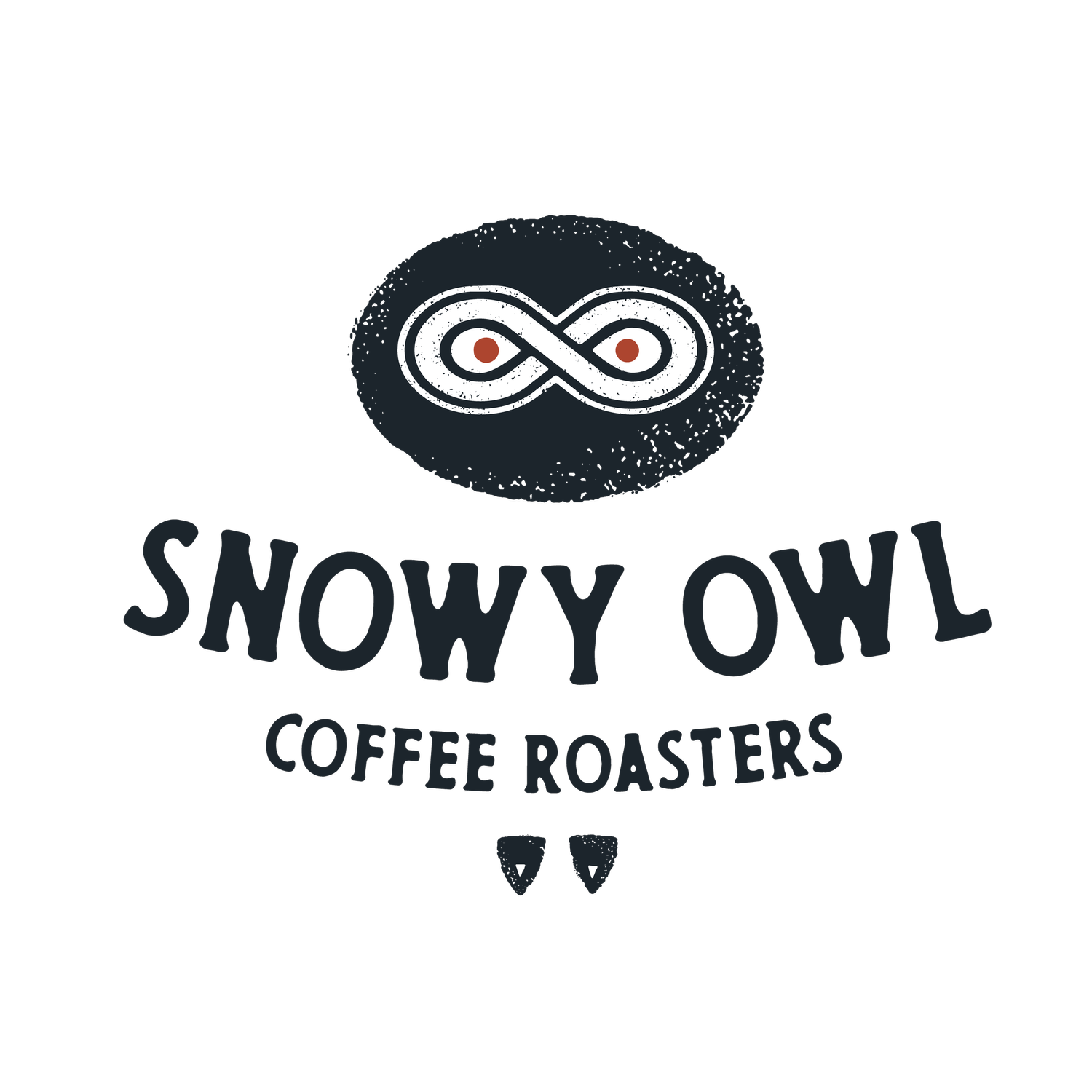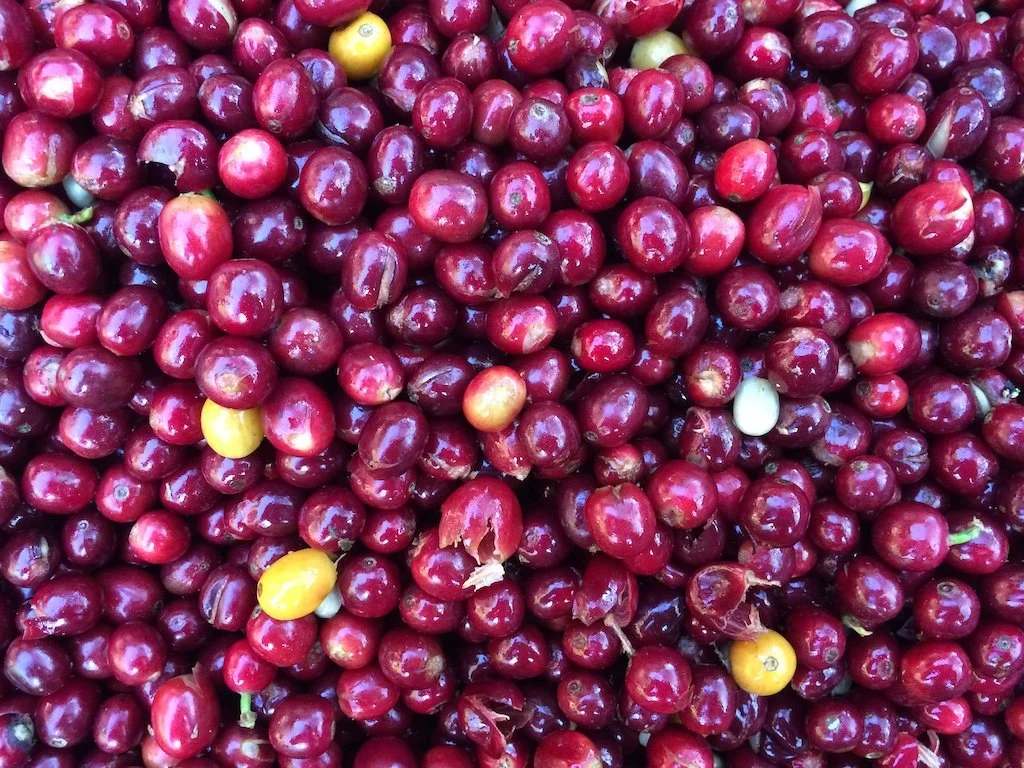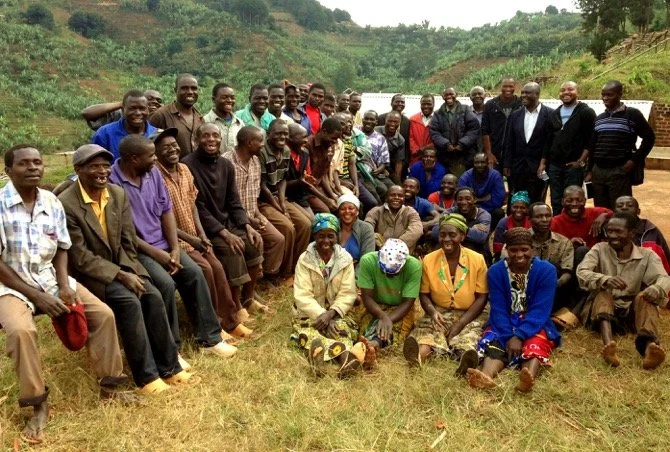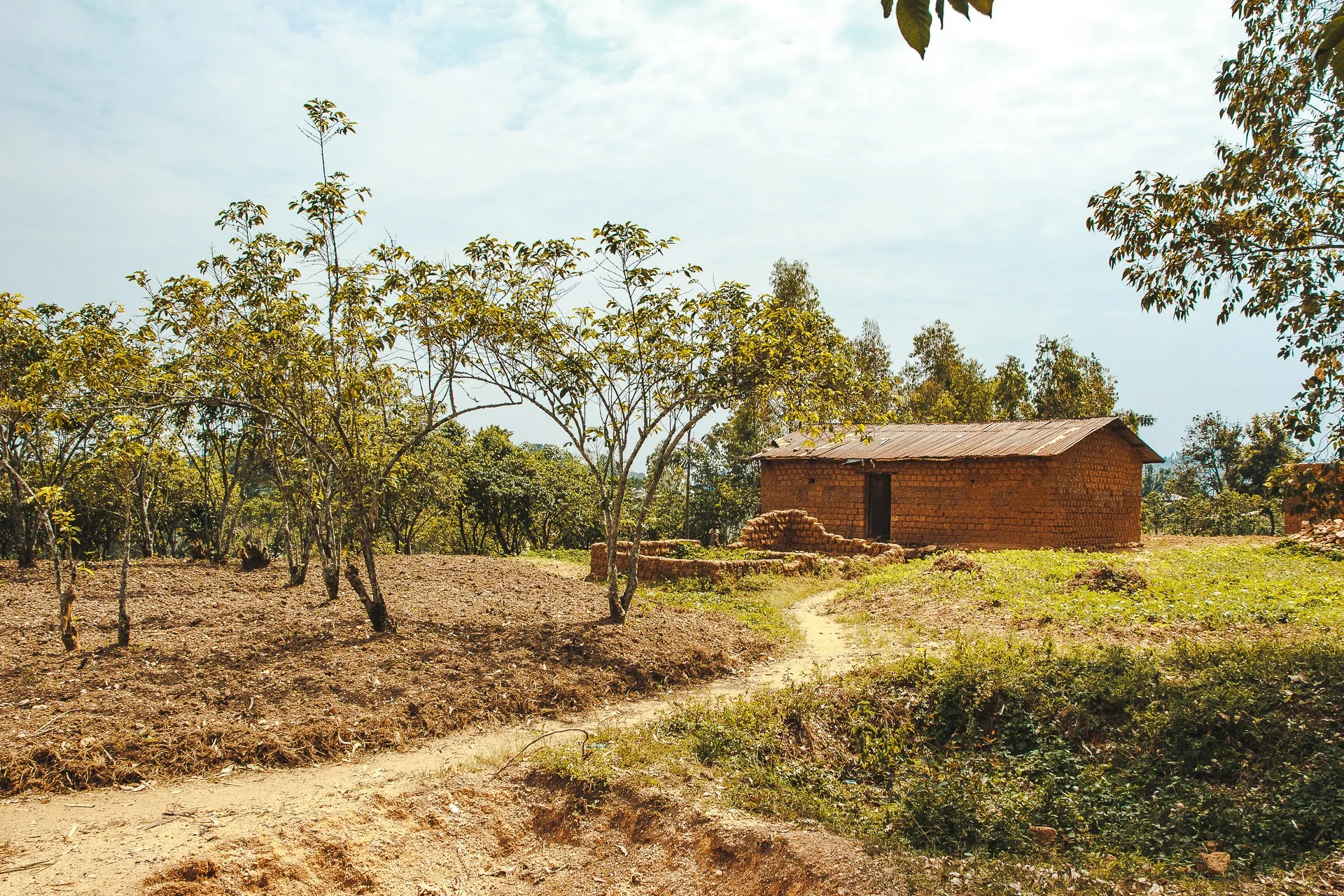Beyond Certifications: Why Snowy Owl Coffee Roasters does not prioritize Organic and Fair-Trade certifications
One of the most common questions we receive has to do with the organic and fair-trade certifications of our coffee products. This is a topic that could be debated for days. While we see a role for certifications in the coffee industry, we want to take an opportunity to explain why since our inception, we made the mindful decision not to prioritize these certifications in our coffee purchases.
One of the most common questions we receive has to do with the organic and fair-trade certifications of our coffee products. This is a topic that could be debated for days. While we see a role for certifications in the coffee industry, we want to take an opportunity to explain why since our inception, we made the mindful decision not to prioritize these certifications in our coffee purchases.
How Coffee is Priced: Commodity vs Specialty
As we have previously explained, producers of coffee are among the poorest in the world. The commodity price of coffee – also referred to as the C price - is set each day on the future’s market in the United States. As with most commodities and products, price is a function of supply and demand. However, unlike most products, in which the demand and supply are calculated in real time, C coffee prices are a function of what traders’ estimate will be the supply and demand in the future. It is often said that the most important indicator of the C market price is the weather in Brazil. This is because Brazil is the top producer of all coffee worldwide: the harvest in Brazil accounts for approximately one-third of all global coffee produced annually. Therefore, while demand for coffee may remain the same or slightly increase, the supply of coffee – which largely depends on the climate and weather patterns – will always change from year to year. This past summer, Brazil experienced a drought, followed up a cold snap, that has sent the C price of coffee to levels not seen in almost a decade. In short, producers selling on the C market have no control over the price they will receive, leaving them vulnerable to forces completely out of their control.
Producers who have shifted to selling specialty coffee, on the other hand, are receiving prices that correspond to the quality of coffee. Specialty Coffee’s new definition is below:
As coffee is “graded,” producers selling coffee that scores higher on the grading scale will receive premiums often equally to 100-200% of the C price of coffee. It’s no coincidence that the best tasting coffee has gone through a meticulous process that accounts for the health and well-being of the growing environment and the hands that have touched the coffee.
Fair Trade Coffee
The fair-trade movement began several decades ago but coalesced into its modern form at the turn of the century. Fair Trade USA, formerly Transfair, the largest fair-trade certifier in the US, opened its headquarters in 1998 and began certifying products in 1999. Fair Trade USA owns the label to the most well-known certification process. You will see this label on products from coffee to home décor.
According to Fair Trade USA, producers in their program are provided a minimum price of $1.40 per pound or 20 cents per pound more than the C price. During the years between 2016 and 2020, when the price of coffee hovered around $1/lb, this premium undoubtedly made a difference.
Criticism of Fair Trade USA / Transfair is everywhere and, in our opinion, are well-laid out in this article. The fair-trade premium does not incentivize quality production. Since it is based off the C market, farmers will get a fixed price for a sack of coffee regardless of the attention they may have paid to the quality during the growing, harvesting, and processing periods. As such, Fair Trade coffee is often low-grade.
Most importantly, there is little empirical proof that the fair trade movement has actually lifted the most vulnerable out of poverty. Coffee growers often rely on migrant workers to pick coffee cherries. And the fair-trade model does not account for these workers. Often, migrant workers are illegal and paid well below the minimum wage.
Organic Certification
The problems with organic certification are quite different to the issues outlined with fair-trade. Namely, organic certification costs a LOT and often results in lower yields, a risk that most small-hold farmers simply cannot take. Research depicts how certifications may trap producers in single, low-priced export cash crops, hindering agricultural diversification. Even further, converting a conventional farm to organic farming can take anywhere from 5 to 7 years, well in advance of when a farmer might know the price to be received or if the investment will pay off. Organic certification standards vary from country to country, so local inspectors must have recognition from all buying nations (i.e. US, Japan, S. Korea, Europe, etc.), which is expensive and must ultimately be incurred by the farm itself. Taken together, organic certification is reserved for larger producers with greater resources and an ability to take an enormous risk.
And as with fair trade certified coffee, organic certification has nothing to do with the quality of the coffee. There is plenty of low-grade coffee grown organically and subject to the organic premium, and there is plenty of non-certified coffee that is high grade, delicious, and grown according to environmental best practices. The latter is what we seek without requiring the expensive burden of the organic certification. While we have purchased and sold certified organic coffees many times in the past 6 years since opening, our goal is always to serve you the best tasting coffee that is ethically sourced and produced with all pillars of sustainability considered. Our producer partners are often employing organic practices. But some may use a synthetic fertilizer or fungal killer for the sake of salvaging an entire swath of their output. Granting our partners permission to take care of their land and maintain their livelihoods in a manner that is flexible and in their best interest is a pillar we hold dearly.
Final thoughts
The average price Snowy Owl Coffee roasters paid to our partners in 2021 is $3.52. This is a holistic average, including all our blend inputs and single origin lots. Blend inputs are typically the cheaper coffee that is blended together to create desired flavor profiles while masking some of the undesired flavors. Single origin coffees are priced higher because they are perfect as is. We feel that at the heart of every successful business is trust. By explicitly partnering with organizations that we trust, we can better effectuate equity in the supply chain. Organizations who prioritize the quality of the coffee, the sustainability and viability of the land, and the well-being of all growers and laborers on a farm are partners we seek to work with. Examples of partners whose values we feel are entirely in alignment with our own but are not necessarily certified include: JNP Coffee, Mighty Peace Coffee, Yego Coffee, Ally Coffee, and Red Fox Coffee.
While certifications may serve a purpose – namely, raising awareness of some of the key issues facing our coffee-growing communities and environment – we see them as unnecessary, burdensome, and sometimes even disingenuous. We will continue our quest to purchase the best tasting, sustainably produced coffee while ensuring that each hands that has touched this coffee is paid a living wage.
Limited Edition: Rwanda Gatare Washing Station - Yego Coffee
District: Nyamasheke
Region: Kivu Belt, Nyungwe Edge
Altitude: 1542 - 1857 masl
Coffee Process: Natural
Water Source: Natural Spring
Flavor Notes: Lemon, Chocolate, Strawberry
This coffee comes to us from Yego Coffee and the Gatare Washing Station in Nyamasheke, Rwanda. Most of the farms that grow this coffee are located in areas surrounding Kivu lake near the Nyungwe forest at altitudes of between 1,542 – 1857 meters above sea level. The Gatare Washing Station runs like a business but feels like a family. Only 5 people out of its 25 person permanent staff have worked there for less than a decade. Because of this, Yego Coffee has chosen to source from this location and conduct their research and coffee tasting trials there. Gatare Washing Station was a pioneer in the natural and honey processes which has helped them perfect their practices. They work closely with the farmers in this area to increase their coffee quality and production amounts by helping plant new trees and providing financial and technical support. Due to its farm to cup model, Yego coffee sources with both the farmer and consumer in mind; ensuring that they are paying producers well above market price, while providing high grade specialty coffee to the consumer.
Yego Coffee, based out of Boston, MA was founded in 2019 by Francois Tuyishime. The word “Yego” is the Kinyarwandan word for “yes”. This word has special meaning for Francois and serves as a symbol of positivity and affirmation in Rwanda. This positivity has helped bring Rwanda and its people out of the darkness that was the 1994 genocide against the Tutsi. Francois was just six years old at the time of the genocide and like many, had to leave his village in western Rwanda in order to survive.
Francois’ family has been in the Rwandan coffee industry for over 40 years. His father used coffee not only as a means of income but as a way to build and support communities; a practice that was instilled in Francois through watching his father work alongside coffee farmers when he was young. Because of the teachings he learned from his father, a portion of the profits of Yego Coffee goes directly to providing lunches and covering school fees in coffee growing communities in southern and western provinces of Rwanda. A cup of this coffee is not only delicious, it also directly supports these rural farmers.
From Darkness to Light: How Yego Coffee Epitomizes Hope
Erupting out of the darkest era in history is a man with dignity and steadfast commitment to seeing tragedy bow down to goodness. Bolstered with confidence and pride, Francois Tuyishime walked into Snowy Owl coffee shop with one goal in mind— to get his family’s coffee onto our shelves. Over the course of the next few moments, we were presented with a vulnerable story of unyielding joy, courage, and strife.
In 1994, the Rwandan Genocide against the Tutsi people began. Francois and his family were under direct attack, living in a world of impalpable fear. Within one hundred days more than one million people were murdered and the homes of hundreds of thousands of people were defiled. Incomprehensible trauma swept over the Tutsi people in all of Rwanda, casting a blanket of grief, horror, and tragedy. At six years old Francois became a survivor of the Genocide.
While darkness and despair were consuming, the Tutsi people stood together with dignity. Yego, the word from Kinyarwanda meaning yes, became an anthem of hope, healing, affirmation, and positivity. The aftermath of the genocide still permeates the region but with a mindset transfixed on positivity, hope is being restored.
For over four decades, the Tuyishime family has harvested coffee. Coffee is the nation’s second leading source of income, and has provided a sustainable channel of security for Francois’s family. Fertile soil in Rwanda is highly competitive to acquire given the high population density, the abundance of crops being grown, and the nation being approximately the size of Massachusetts. After the area was ravaged, the Tuyishime family had to begin again from nothing. But coffee production is more than acquiring a sustainable income, it is a financial tool allowing the Tuyishime family to support and build up the local Rwandan communities.
Growing up, Francois’s father played a significant role mentoring Francois about coffee, business, and life. His father’s impact has set the trajectory of Yego Coffee by instilling in Francois the importance of recognizing that the coffee industry is more than creating profits. Francois went on to study at The National University of Rwanda where he graduated with a Bachelor of Arts in Political Science, and then pursued his Masters in Conflict Resolution from Brandeis University. The unique background of being immersed in coffee production partnered with educational achievements allows for Francois to actively participate in establishing long lasting and ethical relationships between New England coffee shops and the farmers in Rwanda.
Through our partnership, we are supporting Yego Coffee’s mission of supporting the Rwandan farmers. Currently, Francois operates two initiatives, Coffee Meals and Smile Girl. Coffee Meals provides school lunches for students attending the Busanze Primary School and Smile Girls provides sanitary pads for girls attending Busanze High School. Food insecurity and limited access to feminine menstrual products are two big needs in some of the Rwandan households. Currently these initiatives are directly providing for these specific needs, but Francois’s ultimate goal is to obtain relationships with roasters at competitive and equitable prices so the farmers are able to directly support all of their family’s expenses. Within ten years, it is Francois goal for every farmer to be financially empowered. We are proudly roasting Yego Coffee in our shops and excited to continue building our relationship with Francois.













